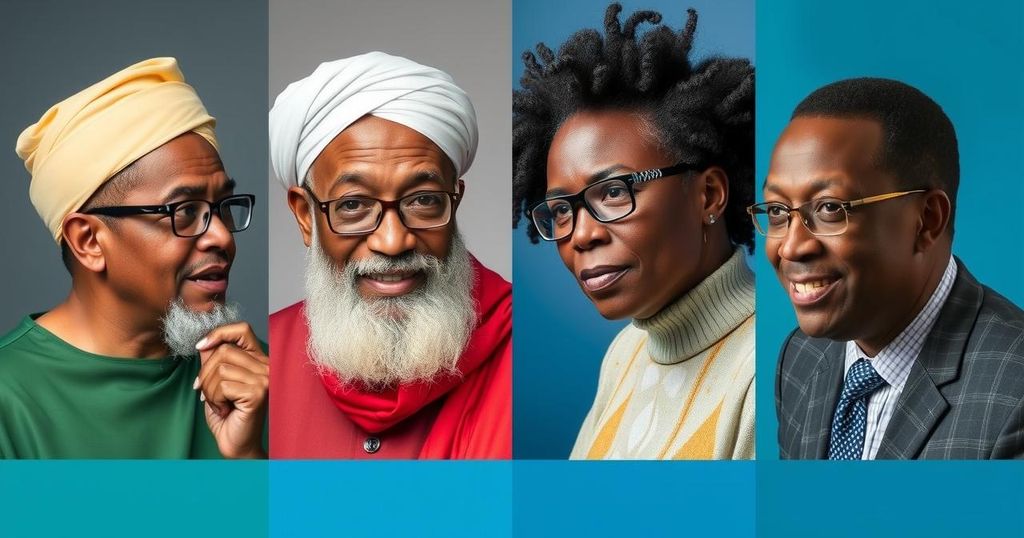The opposition leader in Comoros has rejected recent election results, alleging severe electoral fraud amidst claims of a boycott. The ruling party secured multiple wins despite accusations of ballot tampering and irregularities. President Azali Assoumani dismissed these allegations, and the United Opposition announced it would not participate in the upcoming second round of voting.
On Monday, opposition leader Daoud Abdallah Mohamed, representing the United Opposition coalition in Comoros, publicly denounced the results of the recent legislative elections, claiming they were plagued by significant electoral fraud. The elections, held on Sunday, saw a substantial boycott from opposition factions, citing a lack of transparency in the two-round voting process meant to select 33 lawmakers. According to Mohamed, there were numerous instances of ballot box manipulation, including reports of more votes being recorded than the number of registered voters.
The independent electoral commission for Anjouan, the poorest and most densely populated island in the Comoros archipelago, had announced that candidates from the ruling Convention for the Renewal of the Comoros (CRC) party won 12 seats, securing between 60 and 100 percent of the votes with a claimed turnout of 70 percent. However, election observers noted irregularities, including swift filling of ballot boxes despite low attendance in several precincts.
The Minister responsible for elections, Fakridine Mahamoud, declined to comment on the allegations. In a troubling sign for democracy, four of the five electoral constituencies in Moheli had only one candidate from the ruling party, while the sole opposition candidate withdrew from the race. President Azali Assoumani, who has been in power since 2016 and associated closely with the CRC, dismissed the opposition’s claims, stating that they needed to provide proof of their accusations. Mohamed indicated that the United Opposition would not engage in the upcoming second round of voting scheduled for February 16.
The situation in Comoros reflects ongoing tensions between the ruling party and opposition forces, particularly regarding electoral processes and democratic integrity. The Comoros archipelago, located in the Indian Ocean, has experienced political unrest and accusations of corrupt practices in past elections. The opposition, which often complains about the lack of fairness in the electoral system, historically boycotts elections when they view them as compromised. This current controversy underscores the challenges faced by political entities in asserting their rights in a heavily controlled political environment.
In conclusion, the refusal of the Comoros opposition to acknowledge the legitimacy of the recent legislative elections raises significant concerns about the country’s democratic practices. Accusations of electoral fraud, including ballot box stuffing and abnormal vote counts, have been emphatically stated by opposition leaders. With a second round of voting approaching, the continued boycott by the United Opposition may further complicate the democratic landscape in Comoros and reflect deeper issues of governance and electoral integrity.
Original Source: www.barrons.com






